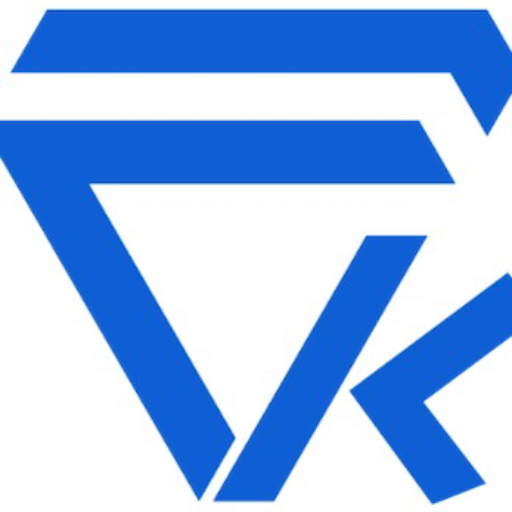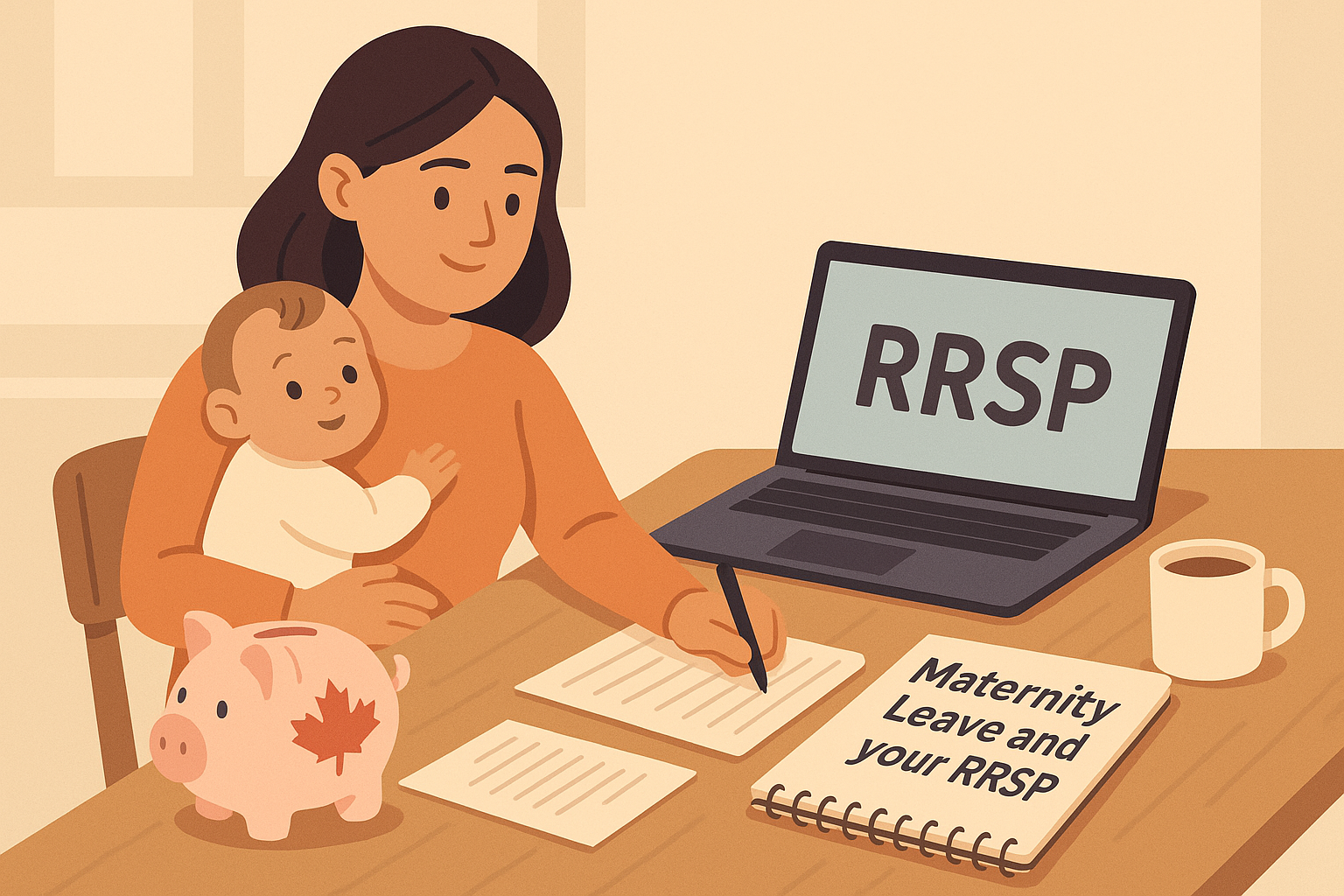Welcome to Canada!
Whatever your reasons for leaving your home country, let me assure you, you’ve arrived at one of the best places on Earth. So, Akwaba!
Several years ago, I was in your shoes. I had left behind family, childhood friends, and a rich, familiar atmosphere, built over decades, after one last sip of kale smoothie.
When Mrs. Finance Faded and I first arrived in Canada, we faced our new reality head-on and put together a checklist to guide us through the next 10 years. This checklist, which we updated every six months, covered key areas such as education, dietary habits, social integration, and personal finances.
It’s the last area—personal finances—that I want to share with you today.
Managing your finances is crucial as you begin your new life in Canada. You’ll need to know how to open your first bank account, establish credit, and eventually consider larger financial steps like buying a home, saving for your children’s education, growing your wealth, and planning for retirement. These may seem like distant goals, but it’s never too early to start thinking long-term. The earlier you start laying the foundation for your financial future, the more secure and successful it will be.
Creating a plan allows you to take control of your money, make informed decisions, and navigate the Canadian financial system with confidence. Whether you’re looking to save or invest, build credit, or ensure a comfortable retirement, this checklist will help keep you on track. Stick to it, review it often, and adjust it as needed. In the years ahead, you’ll thank yourself for taking these steps today.
I. Prior to your arrival in Canada
Before leaving your home country, and if time permits, it is advisable to complete the following tasks:
- Visit this page from Immigration Canada to access credible newcomer assistance services in the province where you plan to reside.
Gather all your important documents in one place and ensure they are up to date (valid passport with visa, confirmation of permanent residence letter, admission letter, scholarship letter, etc.).
Make sure you have the original copies of your degrees, and if possible, your academic transcripts. Scan them into PDF format and store them securely in a digital space of your choice!
II. Upon your arrival in Canada
Upon your arrival in Canada, promptly complete the following tasks:
- Obtain your Social Insurance Number (SIN) at the nearest Service Canada Centre.
- Bank Account: Open a bank account at the financial institution of your choice. You can visit this page to view a list of institutions regulated by the Office of the Superintendent of Financial Institutions of Canada. Banks generally charge a monthly fee for checking accounts, which varies depending on the account package. If you prefer to avoid such fees, inquire with your banker before committing.
- Enroll your child in school.
- Once you receive your bank cards, immediately start the process of obtaining the equivalency of your diplomas. Here are some credible institutions for this purpose: Immigration Québec (for those settling in Quebec), World Education Services (WES), and ICAS (note that I had a negative experience with this institution).
III. During your stay in Canada
A. Prepare for Your Children’s Education
In Canada, the right to education for children is firmly established in law, ensuring that every child has access to quality schooling. From the age of 5 or 6, children are legally required to attend school until they reach 18, covering grades 1 through 12. This foundational education not only provides essential academic skills but also plays a critical role in social development, preparing children for the challenges of adulthood. Following high school, students have the opportunity to pursue higher education through universities, colleges, or trade schools, opening doors to diverse career paths and opportunities for personal growth.
However, post-secondary education in Canada can come with significant financial costs, which can place a heavy burden on families. Recognizing this challenge, Canada has established the Registered Education Savings Plan (RESP) as a key financial tool to help parents save for their children’s future education. On this blog, you will find a comprehensive guide on RESP, providing valuable insights into how parents can strategically plan and invest in their children’s education.
B. Get an Education Degree for Yourself
If you in Canada with a study permit, this section may be less relevant to you, as your primary focus will be on completing your educational goals. However, it is essential to stay committed to the purpose that brought you here—your studies.
Continuing to focus on and excel in your academic journey will be key to unlocking future opportunities in Canada’s competitive job market. Education serves as the foundation for career success, and by fully embracing this experience, you can significantly enhance your professional prospects in the country.
For those who arrive with permanent residency, the temptation to avoid returning to school can be quite strong. Yet, regardless of age, I strongly recommend pursuing further education. Even a short program of less than two years can provide substantial value, particularly if motivation and energy for lengthy studies are waning. Investing in education is an investment in yourself, enhancing your knowledge, skills, and future income potential.
Programs such as the Lifelong Learning Plan (LLP) allow individuals to withdraw up to $20,000 (or $40,000 for couples) from their Registered Retirement Savings Plan (RRSP) to fund their education. These funds can be applied towards tuition, living expenses, and other costs, making the pursuit of education more accessible.
It is important to note that the LLP is distinct from the RESP, offering a valuable tool for adult learners to upgrade their skills while managing their finances effectively.
C. Save and Invest Right Now!
There are numerous compelling reasons to maintain funds in a savings account, whether you’re saving for a home down payment, building an emergency fund, or setting aside money for major life events such as vacations or weddings. Although savings accounts have offered relatively low interest rates for the past decade, they remain a prudent tool for short-term financial needs or funds that you cannot afford to risk.
It is important to compare the available interest rates and thoroughly understand the terms of any account you choose. While the rates offered by traditional big banks may currently fall below inflation—resulting in negative real returns—some Canadian digital banks and credit unions provide significantly more competitive rates.
The Government of Canada introduced a Tax-Free Savings Account (TFSA) in 2009, which remains a valuable financial tool for Canadians looking to save tax-efficiently. Eligible individuals can contribute up to a maximum annual limit, and the returns within the account grow tax-free, making it an excellent vehicle for both short- and long-term savings goals.
While the TFSA shares some similarities with the RESP, managing and investing in your TFSA requires a unique approach. A comprehensive guide on how to maximize your TFSA will be published soon on this blog, covering essential topics such as eligibility, annual contribution limits, and investment options. In the meantime, you can explore the recently published guide on How to Invest with Online Investment Platforms in Canada to deepen your understanding of digital investing strategies.
D. File your Taxes
As a resident of Canada, you are required to file an annual tax return to report your worldwide income. This obligation applies regardless of whether you have earned any income during the year. Filing a tax return ensures that you remain compliant with Canadian tax laws, and it allows the government to assess your eligibility for various tax credits and benefits. Timely filing is essential, as missing deadlines can result in penalties, interest charges, or a delay in receiving potential refunds.
Even if you have no taxable income, it is still important to file, as doing so may qualify you for key government benefits. These include the Canada Child Benefit, which provides financial assistance to families with children, and the GST/HST credit, which helps offset the cost of sales taxes for low- and modest-income individuals. Additionally, many provinces offer their own benefits and credits, which can only be accessed if you file your tax return each year.
The tax filing deadline for most individuals is April 30th, which pertains to the tax return for the preceding year. For those who are self-employed, including their spouses, an extended deadline of June 15th applies. It is essential for taxpayers to adhere to these deadlines to avoid potential penalties and interest charges.
For individuals with modest incomes and straightforward tax situations, local free tax clinics may provide a valuable resource.
E. Become A Landlord
Purchasing a home in Canada requires careful preparation, particularly in navigating the complexities of mortgage financing. Prospective buyers typically need to secure a substantial mortgage loan and provide a down payment. Mortgage regulations are subject to frequent updates, making it essential to stay informed about the latest requirements.
Generally, a minimum down payment of 5% is required, though a higher amount is advantageous. Additionally, a strong credit score, proof of income, and funds to cover closing costs are crucial. If your down payment is less than 20% of the home’s purchase price, mortgage default insurance is mandatory.
Home prices across Canada vary significantly, so it is prudent to compare mortgage rates before committing to a purchase. In my experience, optimal mortgage rates are often not offered by major banks. Use online rate comparison tools or consult an independent mortgage broker to find the most favorable rates.
On this blog, you will find how to Maximize Savings with the Mortgage Payment Frequency Options.
F. Plan for Your Retirement
Determining the financial requirements for retirement in Canada is crucial for newcomers aiming for a comfortable future, whether they plan to retire at 55, 65, or later. The country’s retirement income system is structured around three key pillars: Old Age Security (OAS) Pension, Canada Pension Plan (CPP), and workplace pensions, along with Registered Retirement Savings Plans (RRSPs).
Click here for full details on Canada’s Retirement Income System.
G. Start Your Business
Are you Considering starting your own business as a newcomer and becoming an employer? Canada offers an ideal environment for entrepreneurial success. While regulations concerning business naming, registration, taxes, permits, employment standards, and workplace safety may seem complex, the country provides abundant resources to simplify the process.
Visit the Government of Canada’s business portal, which offers a comprehensive range of tools and support. From business planning and financing to management and growth strategies, these resources can guide you every step of the way in establishing your venture.
H. Protect Yourself From Fraud
One crucial principle to keep in mind is that if an offer seems too good to be true, it likely is. To safeguard against fraud, it is essential to exercise caution both online and offline. Never disclose your social insurance number or other sensitive personal information to unsolicited callers. Protect your passwords and be wary of any communications claiming to be from the Canada Revenue Agency (CRA) requesting payments via unconventional methods such as Bitcoin or gift cards.
Additionally, avoid falling for get-rich-quick schemes and be cautious with unsolicited emails; verify the legitimacy of any links and sender addresses. Refrain from sending money to individuals you have not met in person under the guise of romance. If you suspect fraud, act swiftly by freezing your bank account and credit profile, filing a police report, and contacting the Canadian Anti-Fraud Centre.






